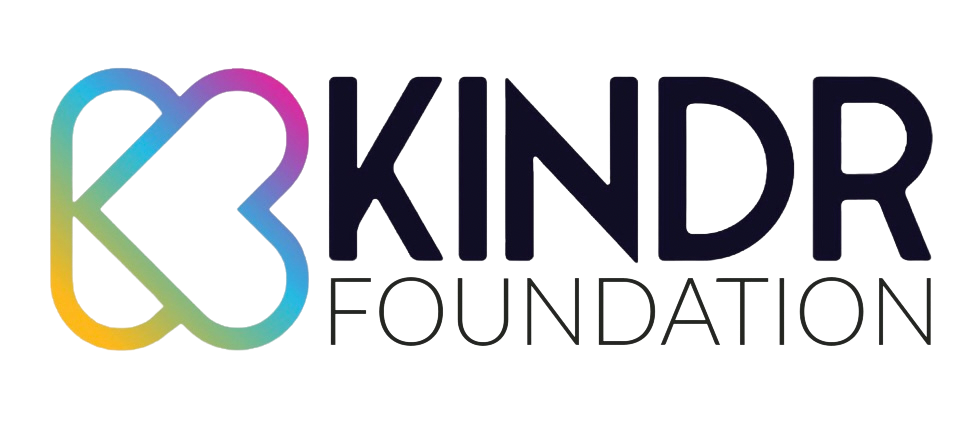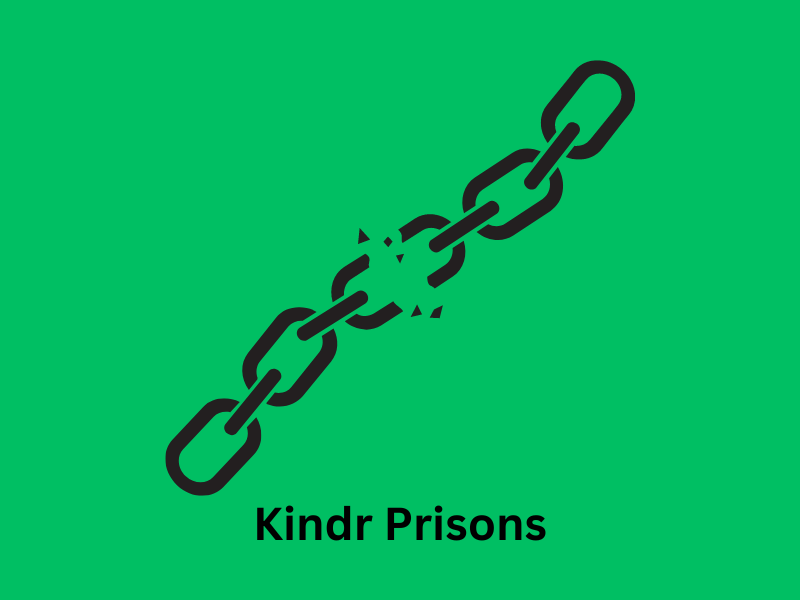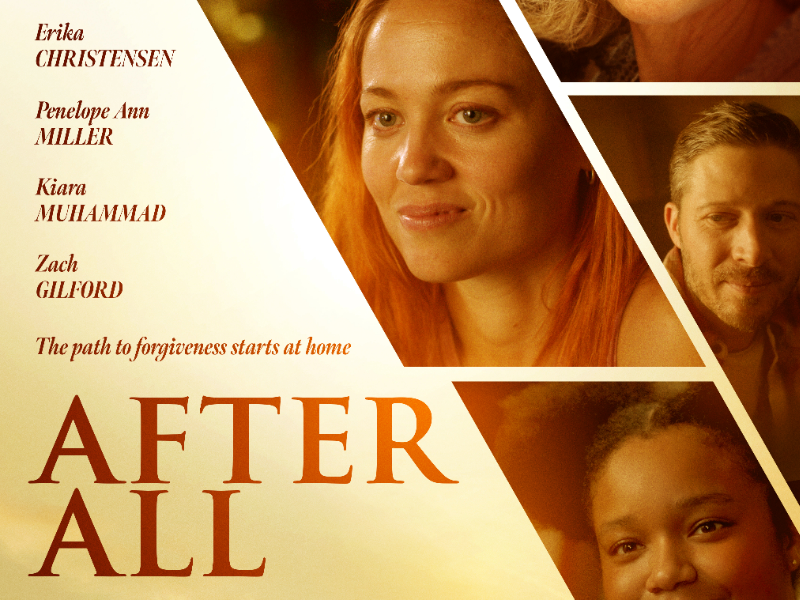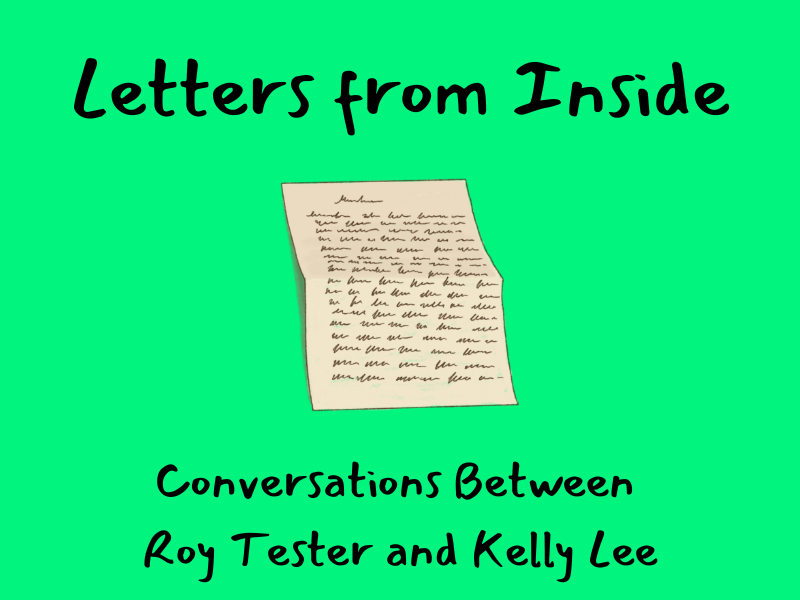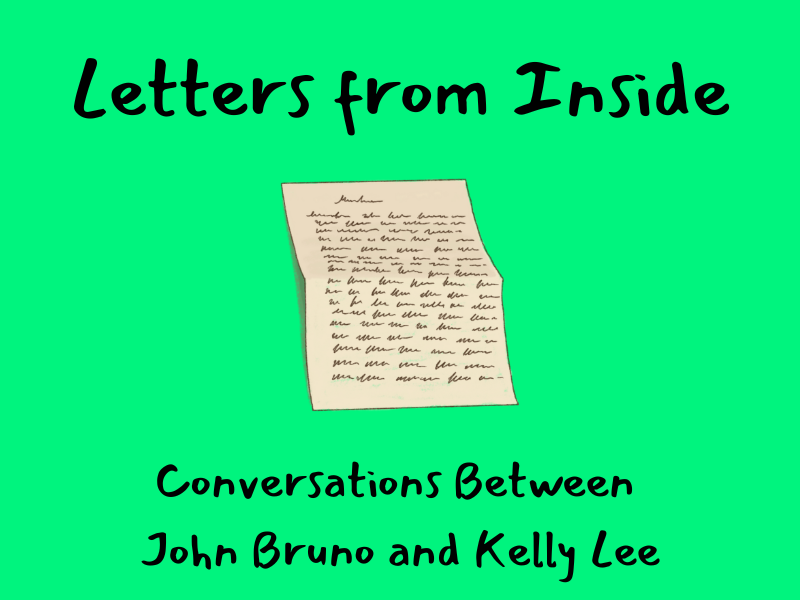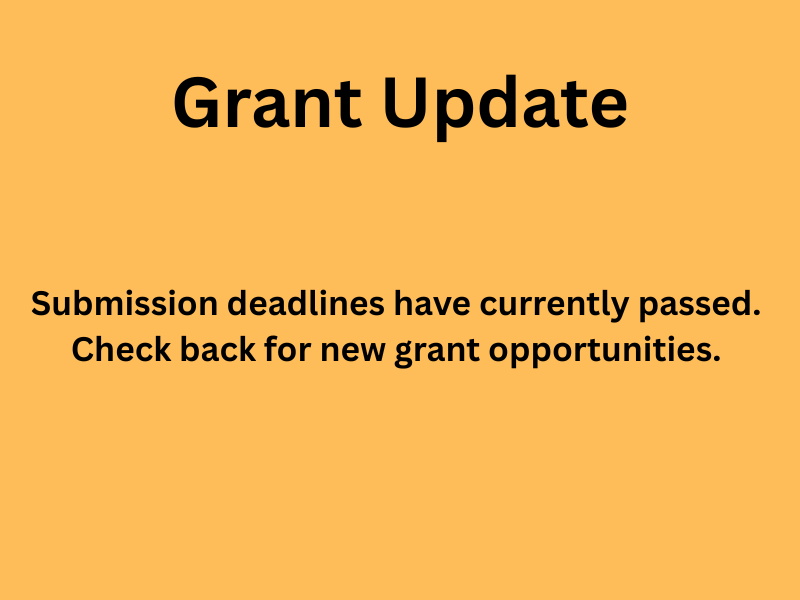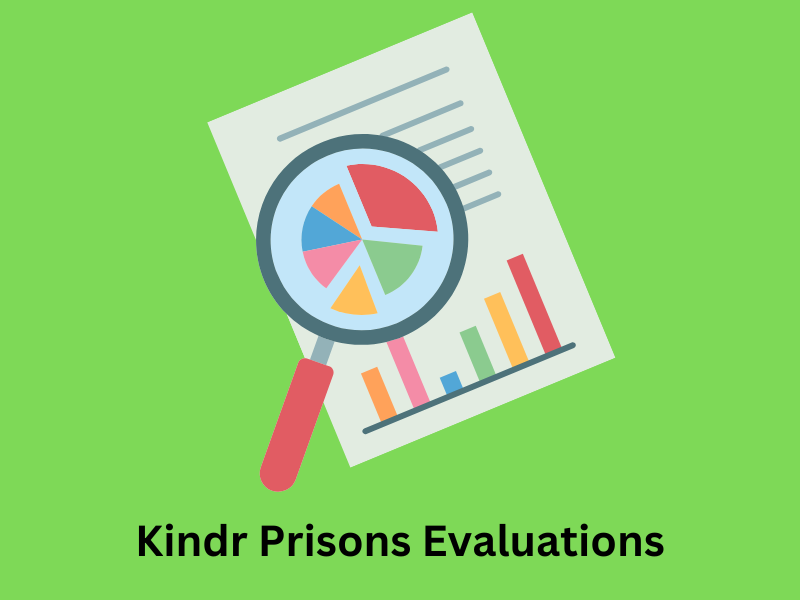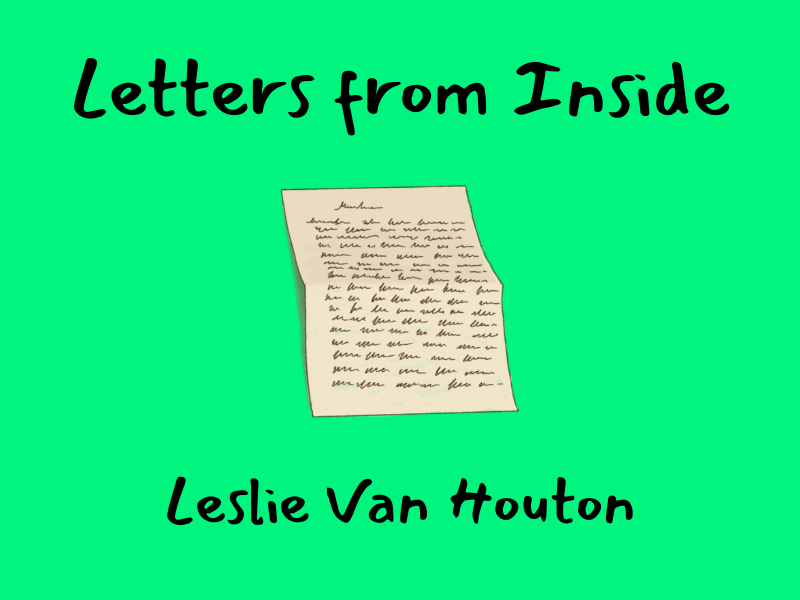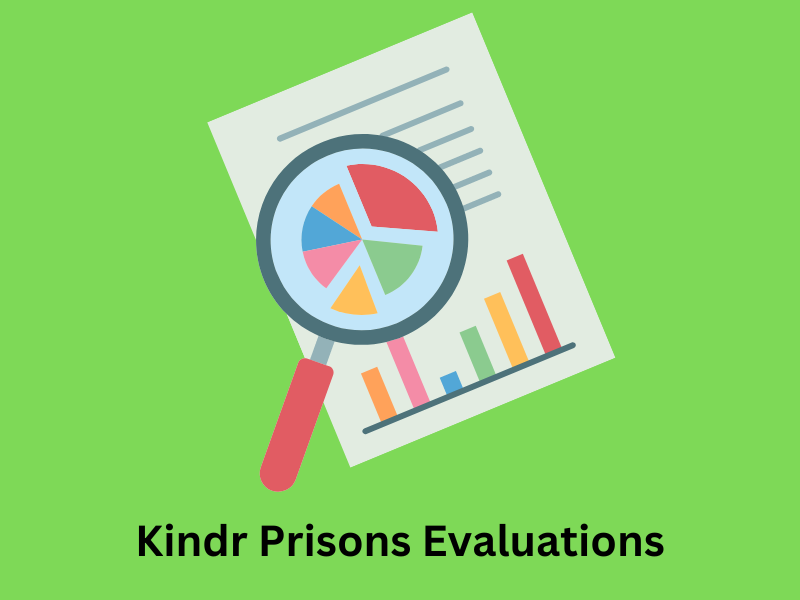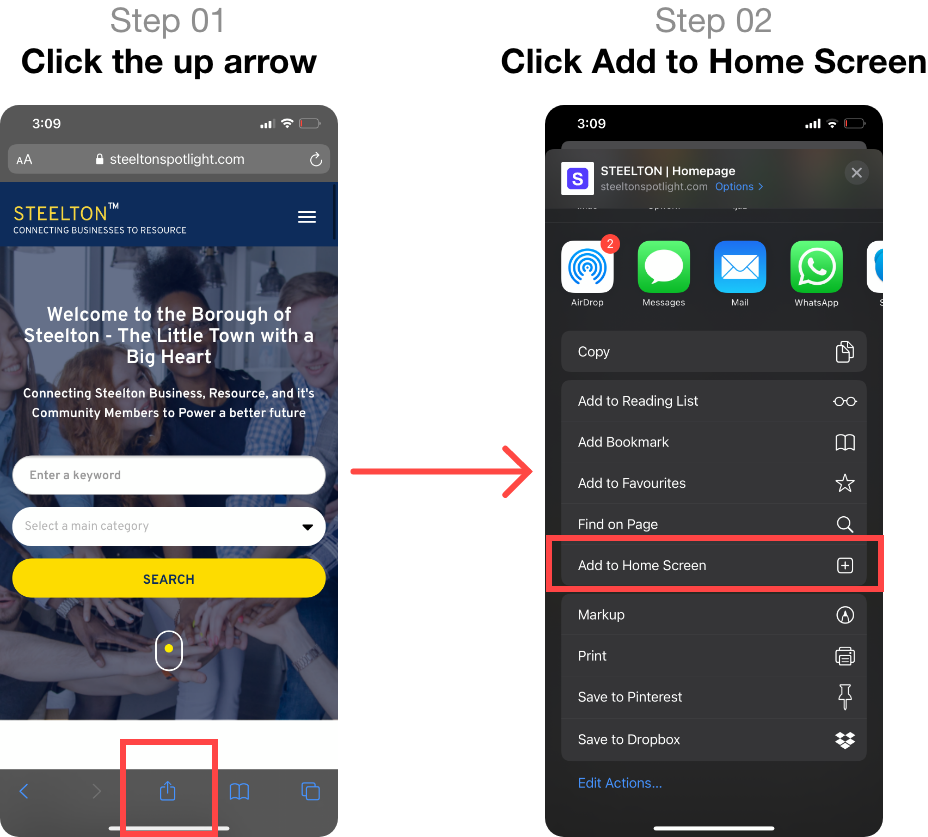
Why Did Three Lifers Recruit 541 Other Inmates to Be More Kind ?
Why Did Three Lifers Recruit 541 Other Inmates to Be More Kind ?
by Doug Carnine
On paper, they don’t seem like the kind of people who would earn a reputation for spreading kindness.
Victor Praxidis is serving life without parole in Ironwood State Prison in California for murder. “I’m never going to get out” he says, “I don’t have a second chance to show the people outside that I’m willing to change, that I’m willing to be part of a community. My kids, they deserved a loving father to be there for them. But I robbed them of all that. I hurt so many people with my actions.”
Michael Beaudette is a prisoner in San Quentin, “I’m in here doing 51 years to life for first degree murder,” he says, “so my outlook on life wasn’t exactly that great. I was coming into prison as a murderer, and I held onto that belief, once a murderer, always a murderer. Really, going ahead and oppressing people wasn't a problem for me.”
Frank Lopez, an inmate at the California Substance Abuse Treatment Facility, also faces life imprisonment for attempted murder. “I'm very ashamed and regret my actions because of the harms that I inflicted,” he says.
But Victor, Michael, and Frank have something more in common than serious crimes in their past and the prospect of spending the rest of their future in prison. They have found a way to give purpose and even bring joy to their present day-to-day life by practicing and advocating for the Mindful Kindness Program from the Choose Kindness Foundation, which offers practical and simple tools to identify and overcome unkind habits and to recognize and develop kind habits.
“It helped me out in every aspect of my life,” Victor says, “with my family, my relationship with my fiancé, my kids, my people in here at work, with everybody.” A self-described introvert, now he is eager to reach out to other inmates: “It's changed my life. I don't see people for, ‘Man, I wonder what they want from me?’ Now, I'm like, ‘Tell me your story, and I'll listen to you, and we can figure this out together.’” He has recruited at least 30 other inmates to the Mindful Kindness Program.
“I haven’t always been a nice guy,” Michael says. “The Mindful Kindness Program turned my life around. I realized that I had to quit looking at everyone as my enemy. It opened my mind that we are all worthy of respect and worthy of kindness.” He has signed up more than 100 other San Quentin inmates for the Mindful Kindness Program and he’s waiting for more enrollment forms because he knows lots more people who want to be involved. “My whole thing is everybody deserves the program, and I'm going to take it to everybody who wants the program.”
Frank was discouraged because he had been told to stop promoting self-help programs to LGBTQ and disabled inmates at CSATF. He was ready to give up. Then he learned of the Mindful Kindness Program, for which the inmates didn’t need approval from prison authorities to participate. He found out the program was for everybody. “It doesn’t exclude anybody,” he says. “I said, ‘oh God, you know what? This is like the stars aligned for us. This is part of our destiny.’ Right there and then, my life just changed.” He went door to door in his unit, telling everybody about it. When the first program packets arrived from the CKF, he says he was almost stampeded. Everybody wanted theirs. Now about 412 inmates out of a total population of 740 are signed up.
In just a little over a year, more than 3000 inmates have enrolled in the Mindful Kindness Program, primarily in California but also reaching to eleven other states across the country. MKP is a completely free program—one of very few offered free to inmates—that is now primarily a correspondence course, using my book How Love Wins, which guides participants through a 12-step program of self-examination, building kind habits, and learning practices to develop mindfulness and sustain kindness. As COVID restrictions are lifted, it will also be increasingly offered through facilitated groups. More than 70 inmates are in training to lead those groups.
The Mindful Kindness Program for prison inmates grew out of a collaboration between inmate Ernesto Rodriguez, prisoner rights activist Kathleen Rodriguez, and myself.
Ernesto spent seven years in solitary confinement at Pelican Bay State Prison because of his involvement with drugs and violence in the Mexican Mafia gang. In 2010, when Ernesto heard that his daughter was heading down a similar path as the one that had led him to trouble, he says he made a deal with God, “If you spare my kids from learning about life the way I did, then you can have mine.” Since then he has lived a life of seeking education for himself and performing service for others. He’s up for parole in August.
My daughter Leah introduced me to Ernesto eight years ago and we have been in constant contact ever since. He introduced me to Kathleen, who had created a nonprofit to help prisoners prepare for parole. That program, California’s Parole Suitability Hearing Support, like the Mindful Kindness Program, is now part of the CKF Public Safety Project, which Kathleen directs.
I have been participating in teaching the practice of mindful kindness to prisoners since 2009 when correspondence with a prisoner in a maximum security unit in Arkansas grew into an experiment to see if people guilty of heinous crimes could not only transform themselves but also other inmates and even corrections officers through kindness. Our experiment was later joined by three other inmates. Although I began as a mentor, I came to realize that these inmates had become my teachers as they built kindness out of lives that had experienced and wrought unimaginable cruelty. I also saw that the respect I extended to them helped destroy their belief that they were unlovable, worthless, and despised by society. Those are the roots of How Love Wins, the Mindful Kindness Program, and the Choose Kindness Foundation, which was launched in February 2021. CKF also has projects for schools, social service agencies, and the workplace.
Even Ernesto is surprised at the incredible growth of the program in its first year. “I didn't think that it was going to take root while I was still in prison. I certainly thought that it was a good idea, and then after I was released, at some point that I would get behind this work and then grow it the way I visualized it. But I never imagined that it was not only going to just take root, but that it would grow at the remarkable rate that it has grown so far and still going. It's just amazing.”
“I needed some help because I was still an angry person,” Victor says. “I got triggered by any little pain. I always bottle all my feelings, my fears, my insecurities. I just didn't know how to cope with them. I didn't have the proper tools. I lacked the communication even with my parents, my loved ones.” The MKP program helped him to face himself. “It was like this program had been studying me my whole life, even behind these prison walls.”
“I've had my share of altercations with other individuals,” Michael says. “I was racially and politically inclined to remain with my own people more or less. I didn't associate too much with people outside of my race. I was completely anti-LGBTQ community. But,” he says, “the Mindful Kindness Program gives us a chance to be better human beings.”
“I hurt a lot of people for all the wrong reasons, Frank says. “When I came to grips and understood and accepted myself and loved myself for who I was, it empowered me to say, ‘Hey, this is who I am.’” Frank has impaired vision and came out as bi-sexual several months after beginning the Mindful Kindness Program. “I am working with this disability and I happen to be bisexual. I'm a human being like everybody else. I have feelings. I can empathize, have compassion, love, and care for people. And, I can apologize and I can express gratitude. We're all human beings here.”
When Frank first started spreading the word of MKP, the strongest response was from people who had been shut out of most institutional programs and been marginalized, excluded, and abused by the general population: people who were developmentally or physically disabled, LGBTQ, or facing mental health challenges. But when other inmates saw the positive changes that MKP brought, they wanted to be part of it, too.
“You have guys that were roommates or neighbors that—before the program—didn't communicate because sometimes that's how prison life is,” Frank says. “But with the program now you’ve got people who are speaking to each other, communicating, socializing, more LGBTQ with more heterosexual people communicating and acting kind. And now the tides are turning because the LGBTQ and ADA community, we became leaders in the community because we brought the program to the yard.”
Michael was on the other side of that divide. “The Mindful Kindness Program has helped me connect with other people who I wouldn't talk to or ordinarily associate with. I've reached out to the communities of the deaf, to transgender, other races. It's made me more prosocial. I've taken it to everybody. I've taken it to all the communities in here, regardless of race, gender identity, regardless of political or religious affiliations.”
Victor values his improved connections with his fellow inmates, but it’s with his family that he has seen the most gratifying changes. “I didn't realize I was becoming someone new,” he says. But when his family comes to visit, they see it. “They tell my fiancée ‘We’re amazed at how Victor has changed. You couldn't talk to him. He would get triggered so fast. But now we see a change in him.’ I like where I'm at right now with my family. Now they want me to call. I love the communication that we have.”
Michael had put thousands of hours into self-help programs in San Quentin before the Mindful Kindness program. “Basically it's kind of like a universal program. It's like a one-size-fits-all for the community of San Quentin. It's a wonderful program. I think it offers a lot of insight about yourself and about those around you, too. It sells itself.” But it seems from what he, Victor, and Frank say, it’s the example of the changes in those who practice it that is the strongest selling point. “Once I planted the seed, I had people coming to me asking me about it. It's made me nice. Everybody likes me.”
Frank says one of the strengths of the Mindful Kindness Program is that it fills in a positive way the needs or desires that gangs fulfilled in negative ways for so many people currently in prison. It “offers the status, the identity, and the power of self to be a kind person, a loving person, and contribute to the community,” he says. For him, “it helps me sooth the guilt, shame, and grief that I feel from hurting so many people. That gives me peace of mind and makes me feel better about myself.”
Victor also acknowledges his past while finding purpose in the present. “The person I am today, wants to do things right and give my family what they deserve. The Mindful Kindness Program has helped me in so many ways. Thanks to them, I learned what remorseful is. I murdered a man named Juan P. And, this is the first time I ever talked about him. I am going to honor his name in a positive way, by helping others to do the right thing, being a good person to the community, helping others out. That's my goal, to help out kids, and help them avoid any kind of gang violence, anything to do with the things that I grew up with.”
“When I wake up, I’m grateful,” Frank says. “I give gratitude to our creator and the universe that I’m alive. For my meals, for my friendships, relationships, health—everything. I’m always mindful, attentive to my intentions to be a kind person, first and foremost for myself, to love myself, respect myself, and take time to renew my energies to help other people. And that way, I can extend that same love and kindness to other people.”
